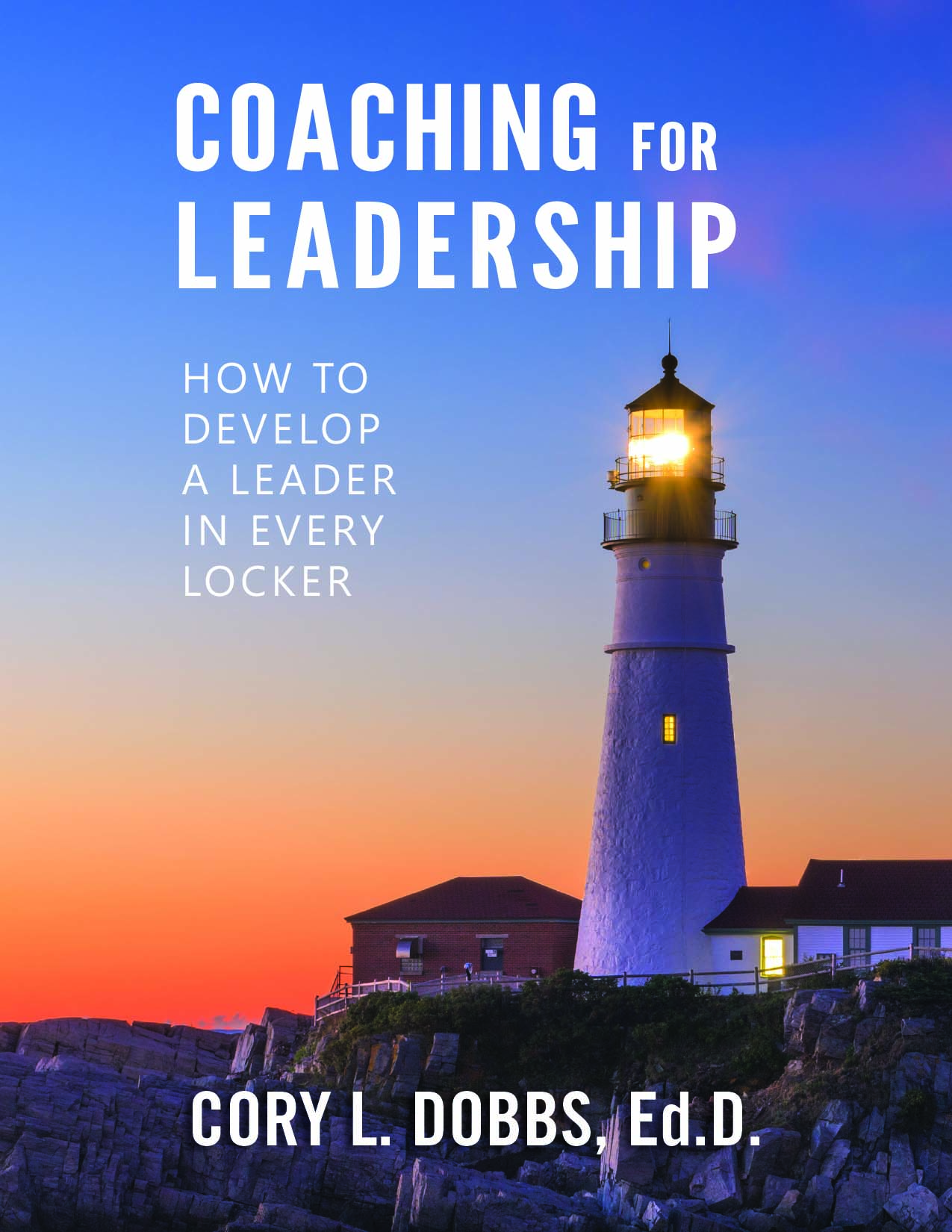The number one priority of every coach, player, and administrator is building the team’s culture—not winning. And if you get that right, most of the other stuff—such as tactical precision, selfless behavior, teamwork intelligence, and mental toughness—will happen as a natural by-product of the culture created by the team. This is how culture works: players and coaches create each other. The challenge of shaping a team’s culture is that culture is shaped by behavior and likewise, behavior is shaped by culture.
However, most players are blind to teamwork dynamics. The result is team culture of the high-performance variety is more elusive than most of us care to believe. But it’s true. It is very likely your culture is nothing spectacular. To understand changing culture you must engage “leverage points.” Figuring out where to start is far from straightforward; it depends upon where your team is and where you want to go. Sounds simple enough, it’s not. So where might you begin?
In short, a good place to start—a leverage point—is to seek out whatever creates toxicity. So what is the most pernicious poison of culture building? Playing time. Every student-athlete wants more playing time. On the one hand student-athletes are quick to declare “all in” on the team thing. Yet, on the other hand, the world says take care of number one—and student-athletes are all in here too. In the spacious context of self-interest, one can self-justify what one does in the interest of the team. From the perspective of the student-athlete, the needs and wants of the individual player need to be met by some type of desired compensation. Simply said, if a student-athlete pays the price of time, effort, and energy—contributing to the development of the team, they’ll expect to get something in return.
The line that separates the individual’s self-interest from the team’s self-interest is blurred; it’s difficult to see where one begins and the other ends. We know they overlap, spill-over, and interrelate, yet do not know exactly what form the mixture of these two driving forces will contribute to the team’s culture. However, learning how to navigate this messy terrain will help coaches, players, and teams to see more and do more. If done right, the navigation of the messy terrain will give you a new way of looking at the pernicious problem of playing time.
 
The greatest and highest reward for one’s effort and toil is not what one gets for it, but who one becomes by it. This small, but potentially seismic shift in perspective—a radical reorientation—is filled with a profound sense of promise and possibility. The rewards are undeniable. Toiling for others on the team is noble, and unites the team. Participation on a team provides comfort and community. By being a part of something bigger than one’s self student-athletes gain meaning and worth. The athlete’s toil and inner struggle are never in vain if the goal is well-being; accessing a higher level being, and redirecting and reshaping one’s inner experience so that they have the freedom of choice on who they want to become.
New to the Second Edition of Coaching for Leadership!
We are pleased to announce a new chapter to the second edition of the best-selling Coaching for Leadership. The chapter, The Big Shift: Unlock Your Team’s Potential by Creating Player-Led Teambuilding, connects the previous edition of this book to its origin, as well as to the future of team sports.
The new chapter sets forth a practical and applicable agenda for change and improvement. The reader is introduced to seven vital elements of change; seven shifts of traditional mental models that lead to the new core principles necessary for creating a player-led team culture. Click here for more information about Coaching for Leadership
About Cory Dobbs, Ed.D.
Cory Dobbs is the founder of The Academy for Sport Leadership and a nationally recognized thought leader in the areas of leadership and team building. Cory is an accomplished researcher of human experience. Cory engages in naturalistic inquiry seeking in-depth understanding of social phenomena within their natural setting.
A college basketball coach, Cory’s coaching background includes experience at the NCAA DII, NJCAA, and high school levels of competition. After a decade of research and development Cory unleashed the groundbreaking Teamwork Intelligence program for student-athletics. Teamwork Intelligence illuminates the process of designing an elite team by using the 20 principles and concepts along with the 8 roles of a team player he’s uncovered while performing research.
Cory has worked with professional athletes, collegiate athletic programs, and high schools teaching leadership and team building as a part of the sports experience and education process. As a consultant and trainer Dr. Dobbs has worked with Fortune 500 organizations such as American Express, Honeywell, and Avnet, as well as medium and small businesses. Dr. Dobbs taught leadership and organizational change at Northern Arizona University, Ohio University, and Grand Canyon University.

